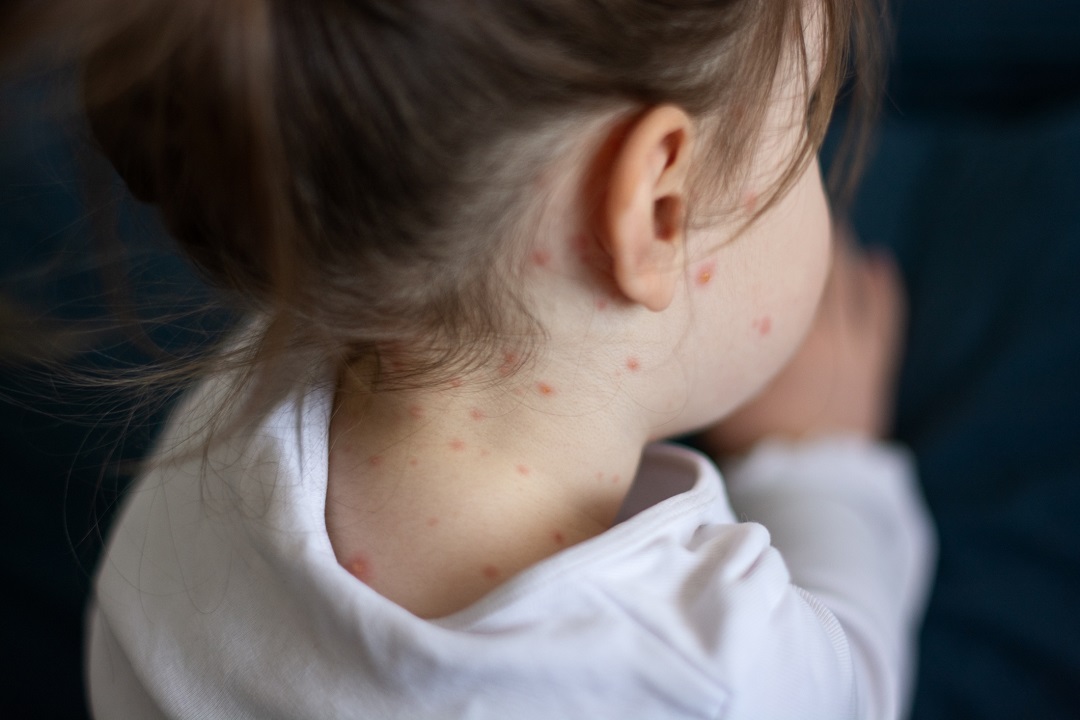Scheduling a back‑to‑school immunization visit ensures your child meets school requirements and...
Read More
A recent measles case in the Philadelphia area underscores the importance of measles awareness and vaccination.
In March 2025, a case of measles was confirmed in Montgomery County, Pennsylvania, marking the state's first reported case of the year. The unvaccinated child visited the Children's Hospital of Philadelphia's King of Prussia campus emergency department, potentially exposing others during the visit.
This case contributes to a broader national concern. As of February 27, 2025, 164 measles cases have been reported across several states, including New Jersey. Notably, a recent outbreak in Texas has affected over 150 individuals, resulting in the first measles-related death in the U.S. in more than a decade. This alarming trend underscores the need for vigilance and vaccination.
“Measles is a highly contagious, airborne viral infection transmitted through respiratory droplets from coughs or sneezes,” said Barry Berman, M.D., a pediatrician at Inspira Medical Group Salem Pediatrics. “The virus can remain airborne for up to two hours, making it particularly easy to contract in public spaces.” Without immunity, more than 90 percent of individuals exposed to measles will become infected.
Measles is far more contagious than many other viral infections, including COVID-19, and it spreads rapidly in communities with low vaccination rates. The virus is especially dangerous for young children, older adults and individuals with weakened immune systems, potentially leading to serious complications such as pneumonia, brain inflammation and death.
In recent years, the U.S. has seen a rise in vaccine hesitancy and a reluctance to vaccinate, which has contributed to a resurgence of vaccine-preventable diseases like measles. Social media and misinformation campaigns about vaccine safety have led some parents and caregivers to delay or skip childhood vaccinations, which lowers herd immunity levels and increases the risk of outbreaks.
“It’s important to address the concerns of parents who are hesitant about vaccines, providing accurate, evidence-based information about their safety and efficacy,” said Dr. Berman. “Vaccines are one of the most powerful tools to prevent the spread of measles and other infectious diseases.”
Vaccination is the most effective method for preventing measles. The Centers for Disease Control and Prevention (CDC) recommends that all children receive two doses of the measles, mumps and rubella (MMR) vaccine. The first dose should be administered between 12 and 15 months of age. The second dose should be administered between ages 4 and 6, at least 28 days after the first dose.
For people who missed vaccination during childhood, the MMR vaccine is safe and effective for adolescents and adults. Unvaccinated adults should receive two doses of the MMR vaccine, with the second dose administered at least 28 days after the first.
Measles symptoms typically appear 7-14 days after exposure and begin with:
A few days after initial symptoms, small, white spots may appear inside the mouth, followed by a red, blotchy rash that usually starts at the hairline and spreads downward. “If you suspect you've been exposed to measles and develop these symptoms, isolate yourself to prevent spreading the virus and talk to your doctor immediately,” said Dr. Berman. “Early detection and isolation are essential to limiting the spread of measles in the community, especially during an active outbreak.”
Vaccination does more than just protect the individual—it helps protect the broader community by maintaining herd immunity. When a large proportion of the population is vaccinated, it makes it much more difficult for the virus to spread. This is especially important for individuals who cannot be vaccinated due to age, pregnancy or medical conditions. Vaccination also reduces the burden on the health care system by preventing severe outbreaks that can overwhelm hospitals and clinics. In areas where vaccine coverage is low, measles outbreaks can strain public health resources and lead to unnecessary suffering, hospitalizations and deaths.
Preventing measles outbreaks is a shared responsibility. By staying informed, addressing vaccine hesitancy and ensuring children and adults are up to date with their vaccinations, we can continue to protect vulnerable populations and keep our communities safe.
Call 1-800-INSPIRA to schedule an MMR vaccine appointment.

Scheduling a back‑to‑school immunization visit ensures your child meets school requirements and...
Read More
Managing your own health care after aging off your parents’ insurance means finding a primary care...
Read More
Explore the differences between common headaches and debilitating migraines, including their causes...
Read More